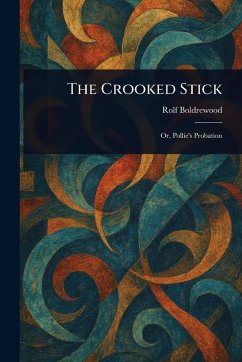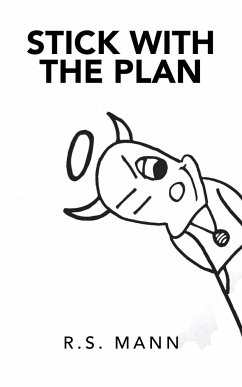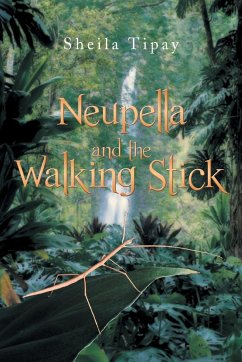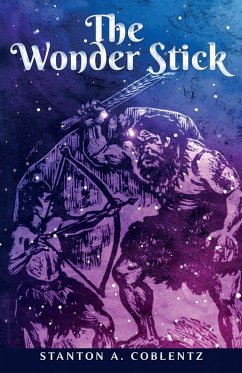
Billy and the Big Stick
Versandkostenfrei!
Versandfertig in über 4 Wochen
14,99 €
inkl. MwSt.
Weitere Ausgaben:

PAYBACK Punkte
7 °P sammeln!
Richard Harding Davis's "Billy and the Big Stick" offers a sharp and humorous look at American intervention in Haiti through the lens of political satire. This collection of short stories, set in the Caribbean nation, provides a fictionalized account of the challenges and absurdities inherent in navigating complex political landscapes. Focusing on themes of power, corruption, and cultural clashes, Davis's work explores the intricacies of governing and the often-comical realities of bureaucratic life. The stories subtly examine the relationship between foreign powers and local officials, partic...
Richard Harding Davis's "Billy and the Big Stick" offers a sharp and humorous look at American intervention in Haiti through the lens of political satire. This collection of short stories, set in the Caribbean nation, provides a fictionalized account of the challenges and absurdities inherent in navigating complex political landscapes. Focusing on themes of power, corruption, and cultural clashes, Davis's work explores the intricacies of governing and the often-comical realities of bureaucratic life. The stories subtly examine the relationship between foreign powers and local officials, particularly concerning matters of governance and finance. First published during a period of significant American involvement in Haiti, "Billy and the Big Stick" remains relevant for its insightful commentary on political dynamics and enduring human foibles. Its humorous and satirical approach makes it an engaging read for those interested in historical perspectives on Caribbean politics and the lasting impacts of interventionist policies. A compelling blend of humor and pointed observation. This work has been selected by scholars as being culturally important, and is part of the knowledge base of civilization as we know it. This work is in the public domain in the United States of America, and possibly other nations. Within the United States, you may freely copy and distribute this work, as no entity (individual or corporate) has a copyright on the body of the work. Scholars believe, and we concur, that this work is important enough to be preserved, reproduced, and made generally available to the public. We appreciate your support of the preservation process, and thank you for being an important part of keeping this knowledge alive and relevant.














